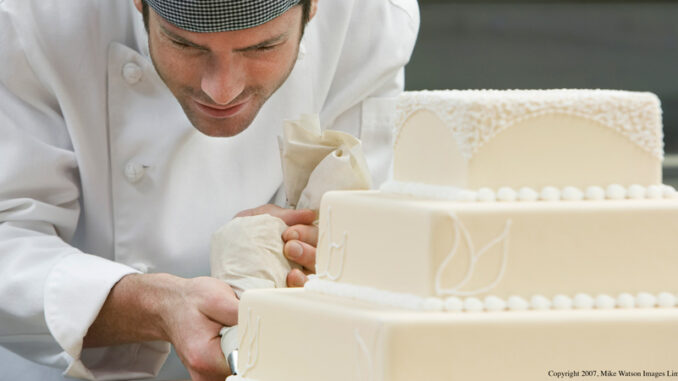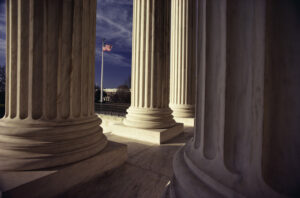

You may remember the 2012 story of the Colorado baker who refused to bake a cake for a gay couple because he didn’t agree with their marriage. This incident kicked off a legal battle that went all the way to the Supreme Court. Last week, in the case of Masterpiece Cakeshop v. Colorado Civil Rights Commission, the Court ruled in favor of the baker, pleasing religious groups and setting off a wave of outrage from gay rights advocates around the country.
What Happened?
So, let’s backtrack a little. The baker—Jack Phillips, owner of Masterpiece Cakeshop in Lakewood, Colorado—cited his religious beliefs as the reason why he wouldn’t bake a cake for two male customers (David Mullins and Charlie Craig) who wished to have the cake for their upcoming wedding reception. The Colorado Civil Rights Commission ruled against Phillips, saying that his refusal to serve the couple violated the state’s anti-discrimination laws. The state courts agreed.
The Supreme Court, however, overturned the Colorado Commission’s original decision on the grounds that one of its members had been disrespectful and “hostile” toward the baker’s religious beliefs. According to the majority of the seven justices, this inappropriate behavior by the Commission was enough of a reason to overturn the Commission’s decision.
What Were the Arguments?
Sexual orientation is protected under Colorado’s anti-discrimination laws. This means that it’s not legal to discriminate against someone in housing or employment on the basis of their sexual orientation. However, the concept of public accommodation —for example, serving someone in a restaurant or store, or baking a wedding cake for a gay couple—is a little murkier. In this case, Mullins and Craig said that they were humiliated and discriminated against by Phillips. Phillips, on the other hand, claimed that his right to freedom of speech under the First Amendment meant that he didn’t have to bake the cake if his religion caused him to disagree with the principles behind it. Phillips considers his cakes to be a form of artistic expression.
What Was the Response?
Religious groups praised the Court’s ruling, calling it a victory for religious freedom. Gay rights and civil rights groups, on the other hand, spoke out against it, saying that this ruling opens the door to all kinds of discrimination against people based on their sexual orientation and life choices. As they see it, all someone has to do now in order to legally discriminate against a person or group is to cite their religion as the reason.
So What Will Be the Impact?
It’s likely that both groups are overestimating the importance of this ruling. Rather than address the issues of freedom of speech and religious freedom head-on, the Court instead chose to focus on one specific element of the case: the improper actions of the Colorado Commission. That means that this ruling applies only to one specific instance with one specific Commission, and therefore it can’t necessarily be expanded to say that the Court ruled in favor of discrimination on religious grounds in general. In fact, the justices were careful in their statements to reinforce the importance of tolerance and legal protections for people of diverse sexual orientations and gender identities. Nevertheless, civil liberties groups worry that this case was still a step in the wrong direction.
